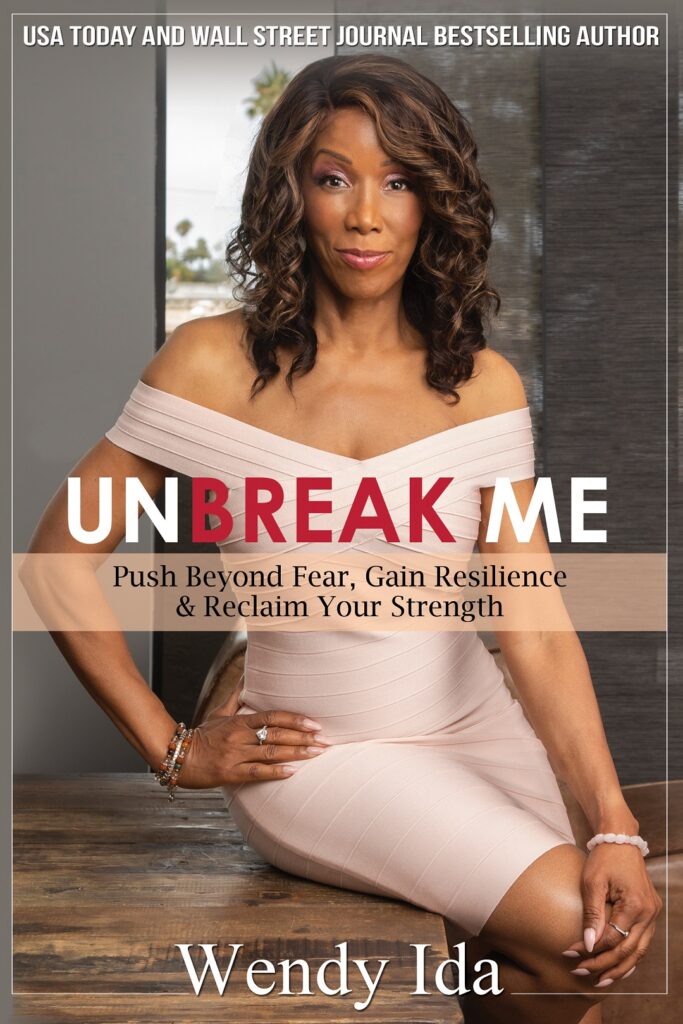
Put me in, Coach!
THE BEST KEPT SECRET TO REACHING YOUR GOALS!!
 Are you feeling stuck while others seem to be getting their groove on? Have you ever wished you could press the fast-forward button to reach your goals and dreams too? Well, believe it or not, YOU CAN!
Are you feeling stuck while others seem to be getting their groove on? Have you ever wished you could press the fast-forward button to reach your goals and dreams too? Well, believe it or not, YOU CAN!
So have no fear because the answer is clear. The fact is… you may need a coach!
The best of the best have coaches. Actors like Tom Cruise, Julia Roberts, and Denzel Washington all have coaches. Business moguls like Larry Page of Google and Howard Shultz of Starbucks have coaches. That’s why they are great! I have a coach, too—and it has made all the difference in helping me move ahead at a faster pace.
What does a coach do?
When you commit to a big life change, getting a coach may not be the first thing you think of. There are so many do-it-yourself guides, apps, websites, gyms, classes…. With all the information and tools out there, you can put together your own program. Right?
Well, maybe some can. There are lots of things people can do on their own. But it may be harder than it has to be. And the results won’t be as good or lasting as they could be. And the risk of failure—or giving up—are high! (Ask an experienced real estate agent how “For Sale by Owner” home sales work, and they’ll tell you: “Not well!”)
In the 1800s, the word “coach” was college slang for someone that helped “carry” a student over the finish line with exams. It was later used with sports teams, but originally it meant a one-on-one relationship. Someone that gets from where you are now to where you want to be in the future—that’s a coach, pure and simple.
A coach’s specific qualifications will depend on the subject area, but in all cases the coach brings three things to the table: structure, accountability, and my favorite: MOTIVATION!
Structure
A coach’s job is to help you get to your goal. This means, first, helping you understand your desires and set a good, achievable, realistic end goal—as well as interim goals to keep you on track.
What do I mean “achievable” and “realistic”? Think of it like this: if you’re five feet tall and an adult past your growing years, then “being 5’8” tall” is not a reasonable, achievable, or realistic goal for you! (No matter how much milk you drink or visualization you practice!) Working seriously toward that goal is only likely to make you less healthy and less happy—and anyone who says they can help you probably doesn’t have your best interests at heart.
As a coach, I would want to know instead, “Why do you say you want to be taller? What do you mean? What are you seeing in your head?” Is it a healthier you? More confident? Poised? Successful? Well, that’s different! Those are achievable—and height has nothing to do with them.
Besides understanding your desires and setting goals, a coach also helps you understand and tackle the work to get there. This is important, because there is so much information out there—some good, some not so good. You could read a whole library of books before finding an approach that works for you. Or… you can talk to a coach, who has read lots of those books, put those methods—and others—to the test, and helped people in circumstances similar to yours.
“Today we’ll start with X and go on to Y…” “Next week, we’ll talk about Z…” A coach brings structure by setting the agenda—for the month, the week, the day, the hour, or just the next ten minutes—so you don’t have to stop and figure out what to do next. Instead you can keep your momentum and energy focused on working hard.
Accountability
This brings me to another thing every coach provides. Progressing along your path to success requires accountability. This CANNOT be overstated. If structure is the roadmap, accountability is what keeps you tuned up and ready to roll.
You might think you can have accountability by yourself or with an app. Well, let’s think about that. An app—like a book or a checklist—is just a tool for focusing your own willpower. It can be a good place to start. It can provide a little structure, maybe nag you with notifications. But when things get hard, it’s easy for you to stop checking in—to ignore or turn off the notifications, or even delete the app. And no one is there to ask you why!
Change is hard. Relying on your willpower alone can make you feel like a failure when things get tough. Face-to-face accountability with a real, human coach can keep you going even when you feel tired or frustrated.
What about a friend or group of friends? Again, yes, to a point. It is important to have friends that support you. But when you leave your comfort zone and start making tough changes, a friend may not be able to give you the accountability you need. After all, they like you and want to help—and seeing you struggle can be hard. A coach accepts the responsibility to push you even when it’s uncomfortable, and to encourage you even when you complain! This does not mean they will harm you—a good coach will never bully, belittle, or injure you, or push you to injure yourself. But when you experience discomfort (and you will!) she can help you deal with it and understand why it’s happening.
Motivation
So a coach gives you structure by confirming your destination and mapping out a way to get there. A coach also brings accountability, especially when things get tough. But there’s more. A coach gives you motivation. This is what keeps you moving down the path toward your goal—cheering you along, setting the next hurdles, and giving you perspective by reminding you why you wanted to change, and helping you see how far you’ve gone. A coach can’t do the work for you—that’s your job. But she can provide the structure to help you grow, get out of your comfort zone without getting hurt, and stay motivated.
So if you’re thinking about making a change in your life—a real, lasting, substantial change—a coach can give you the structure, accountability, and motivation you need to cross the finish line and embrace the future you desire and deserve.
Go for it! Put a coach in your back pocket today!



 She was talking about women in the music industry—and I am so proud of her and other women for seizing the creative reins, bringing their message to life, and calling out the culture of inequality in the industry. But in a more general sense, I find these are great words to live by, especially when you are working toward a goal of transforming your life. I’ll tell you why.
She was talking about women in the music industry—and I am so proud of her and other women for seizing the creative reins, bringing their message to life, and calling out the culture of inequality in the industry. But in a more general sense, I find these are great words to live by, especially when you are working toward a goal of transforming your life. I’ll tell you why.